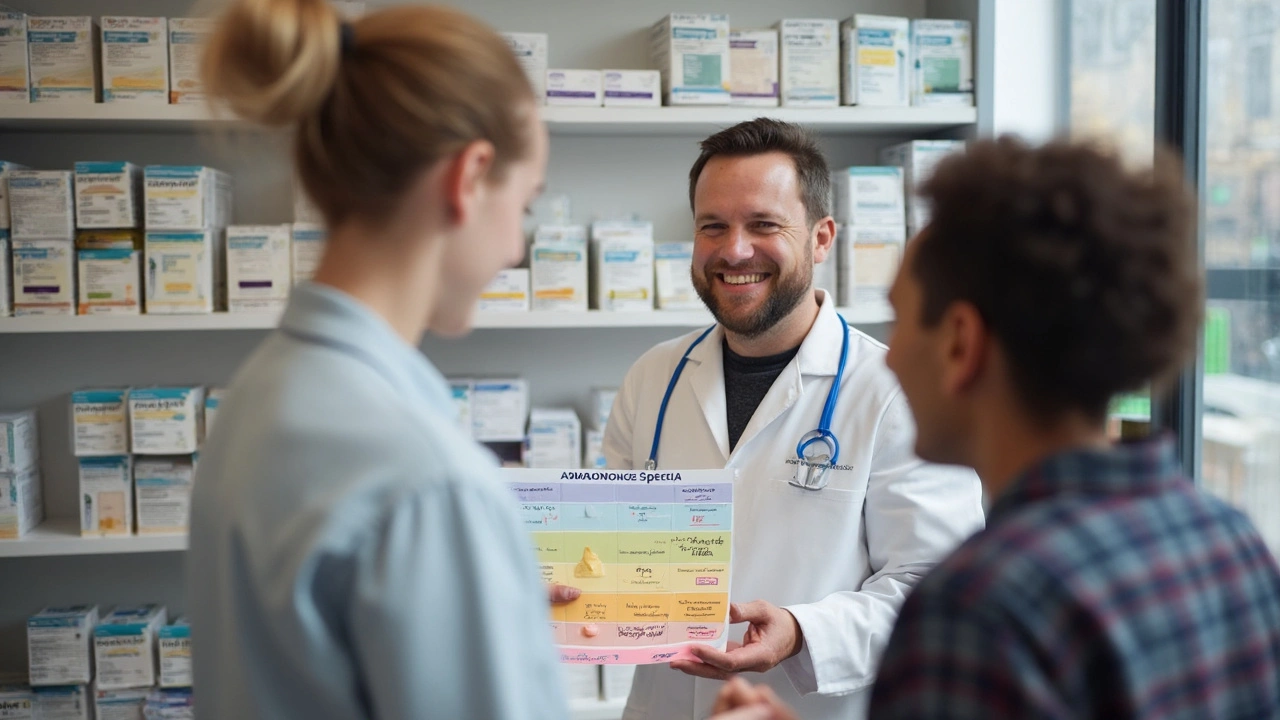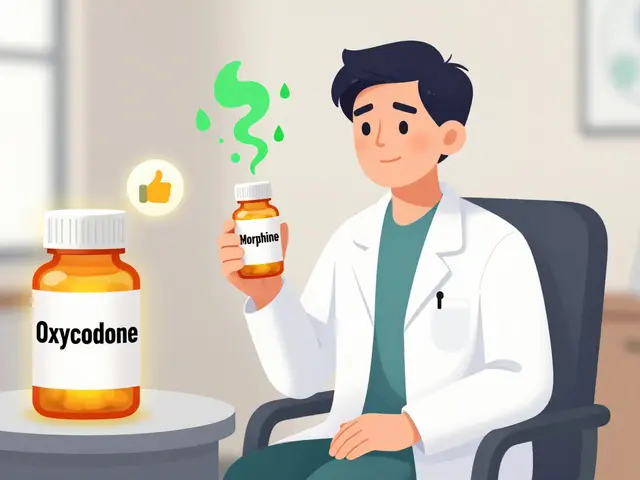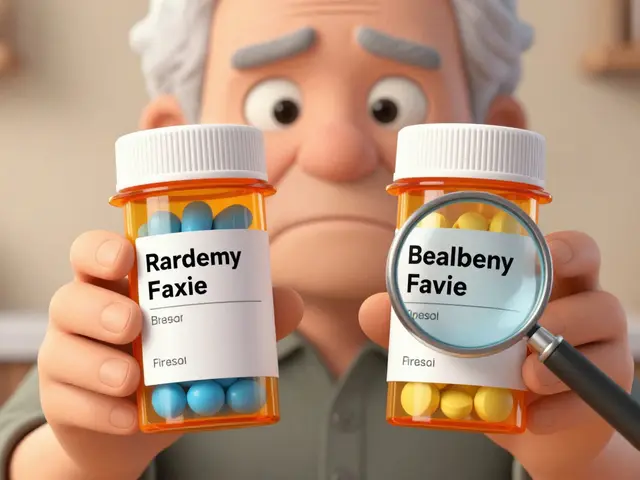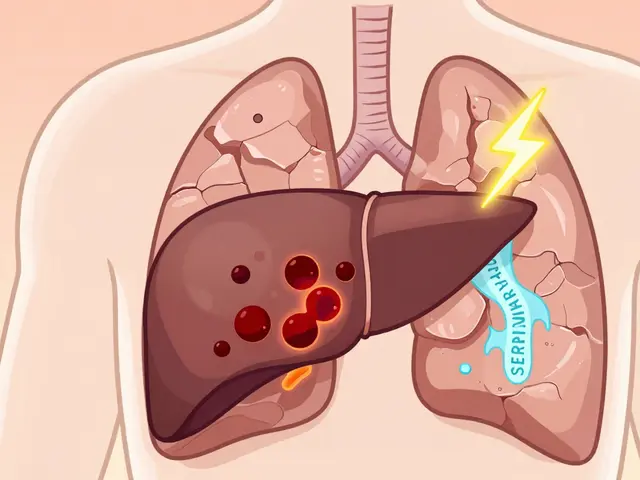Schizophrenia treatments: meds, therapy, and real-life tips
If you or someone you care about has schizophrenia, you want clear, practical options — not jargon. Schizophrenia treatments usually combine medicines with psychosocial support. That combo helps reduce symptoms, prevent relapses, and get people back to daily life.
Medications: what they do and common choices
Antipsychotics are the main drugs used. They lower hallucinations, delusions, and disorganized thinking. There are two broad groups: older "typical" antipsychotics (like haloperidol) and newer "atypical" ones (like risperidone, olanzapine, quetiapine, and aripiprazole). Each works differently and has different side effects.
If two standard antipsychotics don’t help, doctors often consider clozapine — the most effective option for treatment-resistant cases. Clozapine needs regular blood tests because it can affect white blood cells. Long-acting injectables (LAIs) such as paliperidone palmitate or haloperidol decanoate are helpful when daily pills are missed or adherence is a problem; they give steady medication over weeks or months.
Watch for side effects: weight gain, sleepiness, metabolic changes (blood sugar, cholesterol), and movement problems (tremors, stiffness). Ask your prescriber about monitoring: weight, blood pressure, blood tests, and movement checks are standard parts of safe care.
Therapies and daily support that actually help
Medication reduces core symptoms, but therapy and support rebuild life. Cognitive-behavioral therapy (CBT) adapted for psychosis can help people manage distressing thoughts and improve coping. Family psychoeducation teaches relatives how to spot relapse signs and support recovery without increasing conflict.
Practical services matter: supported employment, social skills training, and case management help with work, housing, and benefits. Early Intervention in Psychosis programs (when available) combine fast treatment, therapy, and social support and give the best long-term outcomes.
Small, useful habits improve success: set phone reminders for meds, store pills in a visible but safe place, use a pill box, and involve a trusted family member or worker if consent allows. Ask about side-effect management — sometimes switching drugs or adding a low-dose medicine solves a problem.
Bring these topics to your appointments: symptom goals, side-effect trade-offs, lab monitoring, fertility or pregnancy plans, and substance use (drugs and alcohol can worsen symptoms and reduce medication effectiveness). If you notice worsening symptoms, severe side effects, suicidal thoughts, or sudden changes in movement, contact your clinician or emergency services right away.
Treatment for schizophrenia is personal — what works for one person won’t always work for another. Keep notes on symptoms and side effects, ask simple questions, and push for a plan that fits daily life. With the right meds, regular checks, and practical support, many people regain stability and purpose.
9 Alternatives in 2025 to Risperidone: Updated Options and Tips
There are updated options for people who want something other than Risperidone in 2025. This guide compares nine alternatives, sharing how they work, what’s good about them, and what users might not like. You'll learn about side effect profiles, dosing tips, and which options stand out for certain symptoms. Expect straightforward explanations without medical jargon. If you're thinking about a switch, this article helps make sense of your choices.
Read More





